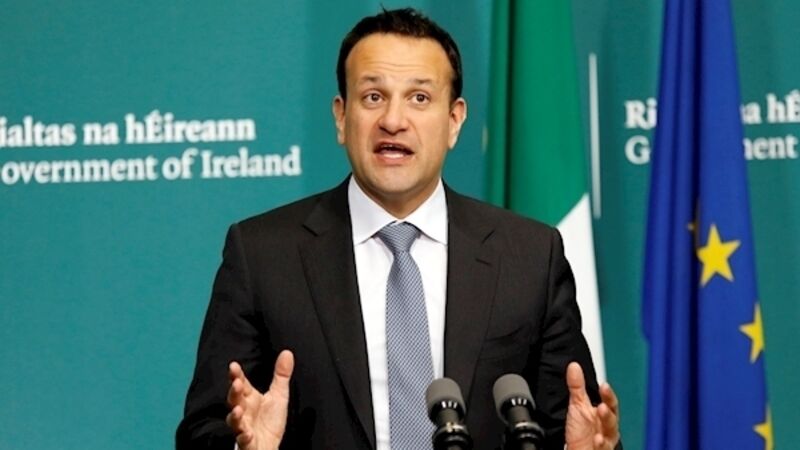Hike in testing as 1,000 lives lost to virus

Coronavirus has now claimed more than 1,000 lives in Ireland, with health authorities set to ramp up testing among the population to further try and contain the disease.
Try from €1.50 / week
SUBSCRIBE- with reporting from Maresa Fagan
Coronavirus has now claimed more than 1,000 lives in Ireland, with health authorities set to ramp up testing among the population to further try and contain the disease.
Already a subscriber? Sign in
You have reached your article limit.
Annual €130 €80
Best value
Monthly €12€6 / month
Introductory offers for new customers. Annual billed once for first year. Renews at €130. Monthly initial discount (first 3 months) billed monthly, then €12 a month. Ts&Cs apply.
CONNECT WITH US TODAY
Be the first to know the latest news and updates
Newsletter
Keep up with stories of the day with our lunchtime news wrap and important breaking news alerts.
Monday, February 9, 2026 - 6:00 AM
Monday, February 9, 2026 - 8:00 AM
Monday, February 9, 2026 - 9:00 AM
© Examiner Echo Group Limited